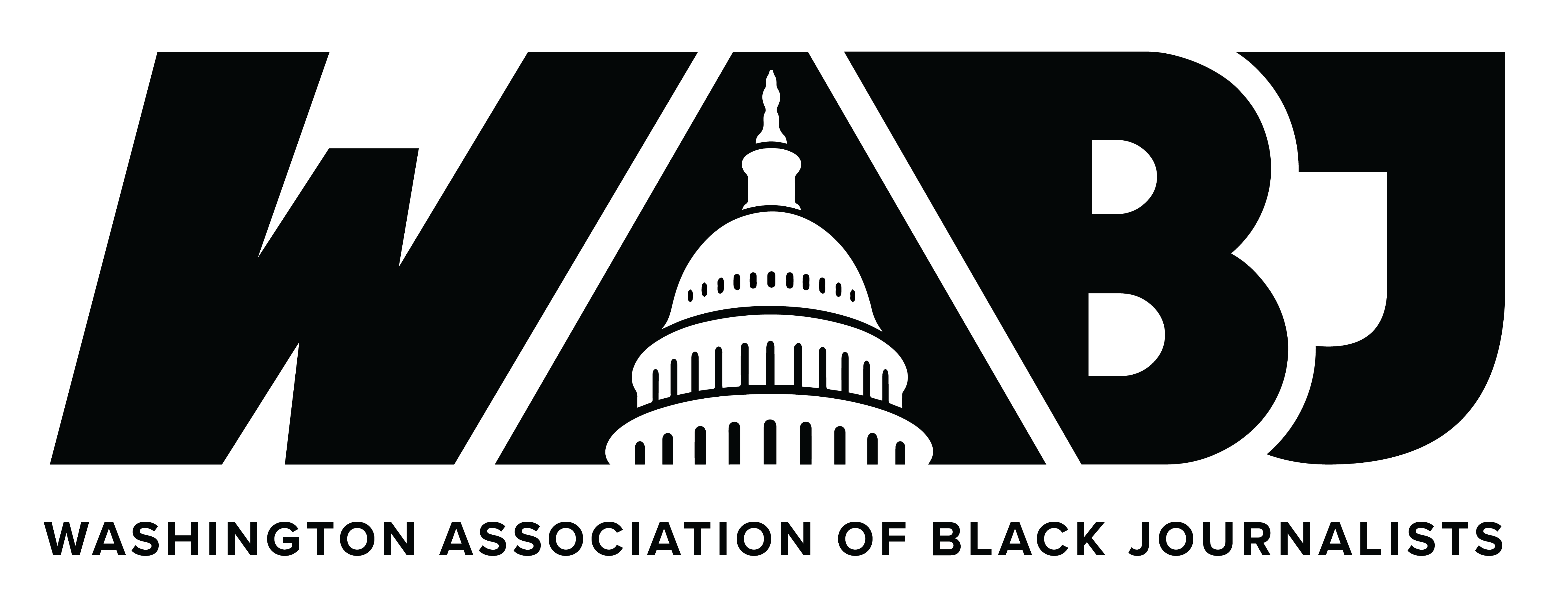By Austin Chavez
UJW Staff Writer
After reports of a second data breach at the University of Maryland in late March and a similar breach at the North Dakota University server that affected around 200,000 people two weeks prior Khaliah Barnes believes that that this is a sign that students are increasingly losing ownership and control of their own information.
Her solution? A Student Privacy Bill of Rights.
“The Student Privacy Bill of Rights would tailor to today’s student privacy big data dilemma,” said Barnes, Director at the Electric Privacy Information Center (EPIC) said. Although the Family Educational Rights and Privacy Act (FERPA) allows student access to records held by schools and agencies, the law does not necessarily apply to records created by private companies, according to Barnes.
“A Student Privacy Bill of Rights would grant students the right to access and amend their records, regardless of who collects, creates, and maintains those records — including private companies,” said Barnes.
Furthermore, A Student Privacy Bill of Rights would call for a level of transparency that, according to Barnes, students simply do not have today.
“Students are kept in the dark about the numerous parties that access their information,” she said. “And we’re no longer talking test scores.”
Recently, EPIC, with the Federal Trade Commission (FTC), filed a complaint against Scholarships.com. The document holds that the website “encourages student consumers to divulge sensitive medical, sexual orientation, religious, and political affiliation information for college scholarships and financial aid information.”
“Schools, companies, and agencies are amassing more information than ever before,” said Barnes. “They reap many of the rewards of student data, but it is the students who take on the risks.”
“A Student Privacy Bill of Rights would give control and ownership back to students,” she concluded.
“I think that’s really scary,” said junior Grace Zeswitz, in response to the UMD breach that compromised the personal information, including social security numbers, of students, staff, and alumni. “Your social security extends beyond college and at work and I think it’s scary that that stuff is out in public.”
Zeswitz, 16, of Alexandria, Virginia also believes that companies need to be more upfront in explaining why they get certain information. “I don’t know why some companies need some of the information,” she said, in response to the complaint against Scholarships.com. “I don’t see how sexual orientation has anything to do with intelligence,” she said.
However, for Zeswitz, an even bigger issue is that students seem to not have a say where their information goes. “Obviously, I don’t think we can completely separate [our] personal and academic lives,” she said. “But students should be able to choose what kind of information they want in the Internet.”
For junior Ronie Altejar, the main issue with privacy is credibility. “Personally, I don’t mind if companies ask for my information,” he said. “But I think it crucial that they tell us why they’re asking for it.”
Altejar, 16, of Springfield, Virginia, admits that although he does not have any issues with his high school, he believes that the conversation on student privacy should begin playing out in schools nonetheless. “I think my school [Bishop Ireton] would be very open to at least discuss this issue. I can’t say the same for other schools,” he said.
Zeswitz agrees.
“More students should get themselves involved. The bigger battle is ignorance,” she said.



